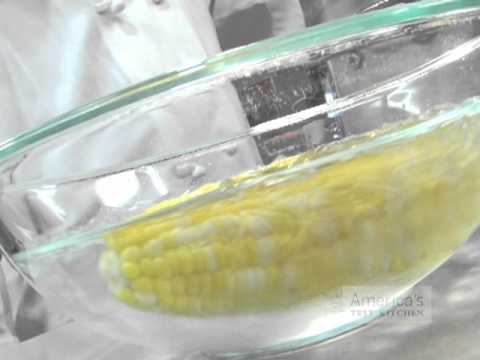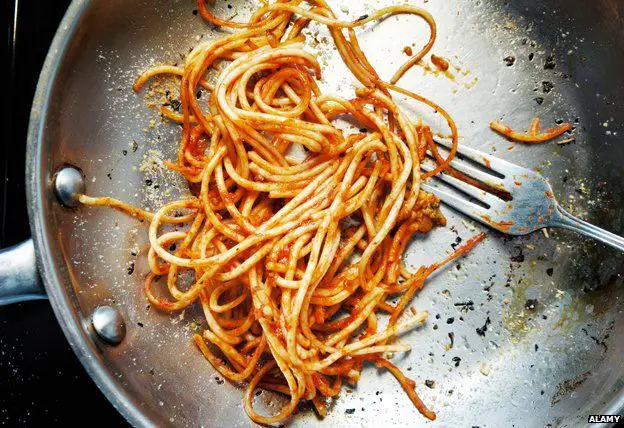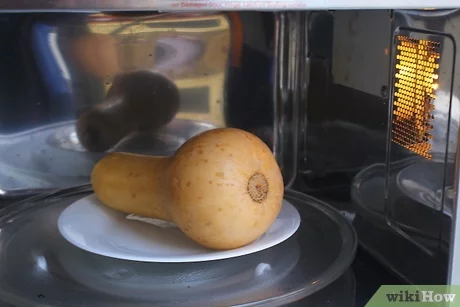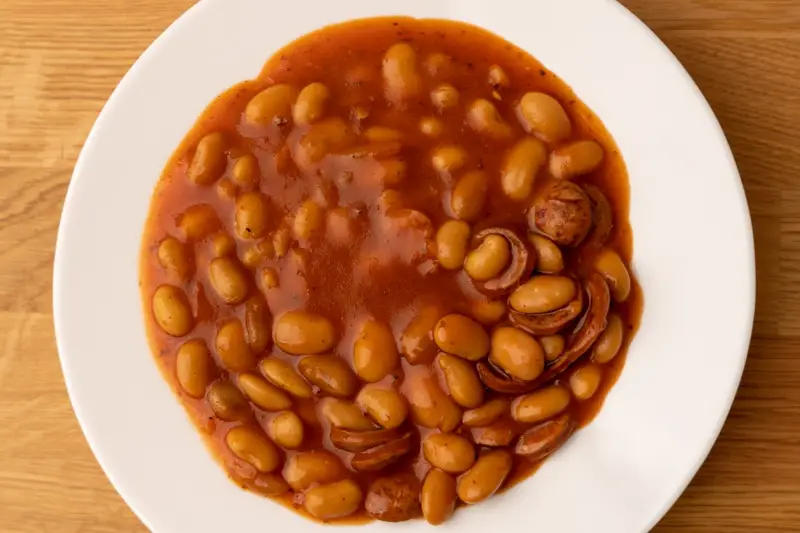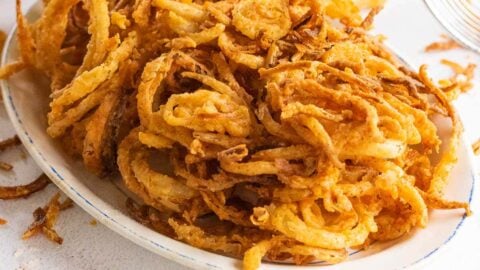As the summer season approaches, nothing beats the satisfaction of biting into sweet and juicy boiled corn. But, after cooking a large batch, storing it properly becomes crucial in preserving its freshness. Fear not! Whether you are prepping for a picnic or saving leftovers for later, we have you covered with all the insider tips and tricks for optimum storage. Get ready to enjoy your delicious corn without worrying about spoilage or quality loss, as we guide you through the art of storing boiled corn like a pro.
Boiled corn is a popular and delicious treat during the summer months, but how do you store leftover boiled corn? In this article, we will discuss the importance of proper storage for boiled corn and provide tips on how to keep it fresh for longer.
Factors to Consider Before Storing Boiled Corn
Before storing boiled corn, it’s important to consider three main factors: timing, temperature, and moisture.
Timing
The timing of how long leftover boiled corn can be stored safely depends on whether or not it has been opened. If the boiled corn has been opened, it should be consumed within three to five days. However, if it has not been opened, it can last up to seven days in the fridge.
Temperature
The ideal temperature for storing boiled corn is between 32 and 40 degrees Fahrenheit. Any temperature above 40 degrees runs the risk of bacterial growth and spoilage.
Moisture
Moisture build-up in storage containers can lead to condensation and mold growth. It’s important to avoid storing boiled corn in damp or humid conditions.
Preparing Corn for Storage
Before storing boiled corn, it’s important to properly prepare it for storage by cooling it down after cooking and removing kernels from the cob for easy storage.
Cooling Down Boiled Corn After Cooking
To cool down boiled corn quickly after cooking, transfer it to a large bowl of ice water. This will stop the cooking process and prevent further softening of the kernels.
Removing Kernels from the Cob for Easy Storage
Removing kernels from the cob makes for easier storage and allows you to save space in the fridge or freezer. To do this, simply hold the cob upright and slice downwards, cutting off the kernels one row at a time.
Deciding on a Suitable Container for storage
Choosing a suitable container for storage is important for maintaining freshness and preventing moisture build-up. Airtight containers are recommended for storing boiled corn.
Methods of Storing Boiled Corn
Freezing
Freezing is one of the best ways to store boiled corn long-term. Follow these tips for best practices:
- Cool: Cool boiled corn before placing it in the freezer.
- Packaging: Use airtight freezer bags or containers specifically designed for freezing to prevent freezer burn.
- Label: Label your freezer bags or containers with the date stored to keep track of freshness.
- Storage: Frozen boiled corn can last up to six months in the freezer if stored properly.
Refrigeration
If you plan on consuming boiled corn within a few days, storing it in the fridge is another option. Follow these tips for proper storage:
- Cool: Cool boiled corn before refrigerating it.
- Packaging: Store boiled corn in an airtight container or resealable bag.
- Label: Label your container with the date stored to keep track of freshness.
- Storage: Boiled corn can last up to five days in the refrigerator, but it is best to consume it within three days.
Canning
Canning boiled corn is a great option for long-term storage and preservation. Follow these steps to can your own boiled corn:
- Gather: Gather necessary equipment, including jars, lids, bands, and a pressure canner.
- Prep: Boil the corn on the cob and cut off the kernels. Fill each jar with the kernels and top with boiling water.
- Can: Place the jars in a pressure canner and follow manufacturer instructions for canning times and pressures.
- Storage: Canned boiled corn can last for up to a year when stored properly.
Tips For Keeping Boiled Corn Fresh Longer
Refreshing Stale or Dry Boiled Corn Kernels
If you have leftover boiled corn that has become stale or dry, there are ways to bring it back to life!
- Microwave: Place the kernels in a microwave-safe bowl with a little bit of water. Microwave for one minute or until fully heated through.
- Boil: Bring a pot of water to a boil and add the kernels of corn. Boil for three to five minutes until heated through.
- Sauté: Sauté the kernels in butter or oil over medium heat until heated through and slightly browned.
Storing Fresh Cooked Corn
If you plan on storing freshly cooked corn before boiling it, there are some things you can do to maintain freshness:
- Refrigerate: Place the corn in the refrigerator and consume within two days.
- Husk: Keep the corn in its husk until ready to use. This will protect it from drying out and help maintain freshness.
- Wrap: If you have removed the husk, wrap the corn in damp paper towels before storing it in an airtight container in the fridge.
Conclusion
In conclusion, proper storage techniques can help extend the shelf life of boiled corn. Be sure to consider timing, temperature, and moisture levels when storing boiled corn. Different methods of storage include freezing, refrigeration, and canning. Additionally, there are ways to refresh stale or dry boiled corn kernels as well as tips for storing fresh cooked corn. By following these tips and methods, you can enjoy fresh and delicious boiled corn all year round!
Summary
Boiled corn is delicious and nutritious, but it’s essential to know how to store it correctly to maintain its freshness and quality. In this article, we explore the factors to consider before storing boiled corn, including timing, temperature, and moisture. Additionally, we cover different methods of storing boiled corn, including freezing, refrigeration, and canning. We offer tips for keeping boiled corn fresh longer and provide recommendations on containers suitable for each storage method. By following our guidelines, you can enjoy your leftover boiled corn for longer while saving time and money.
